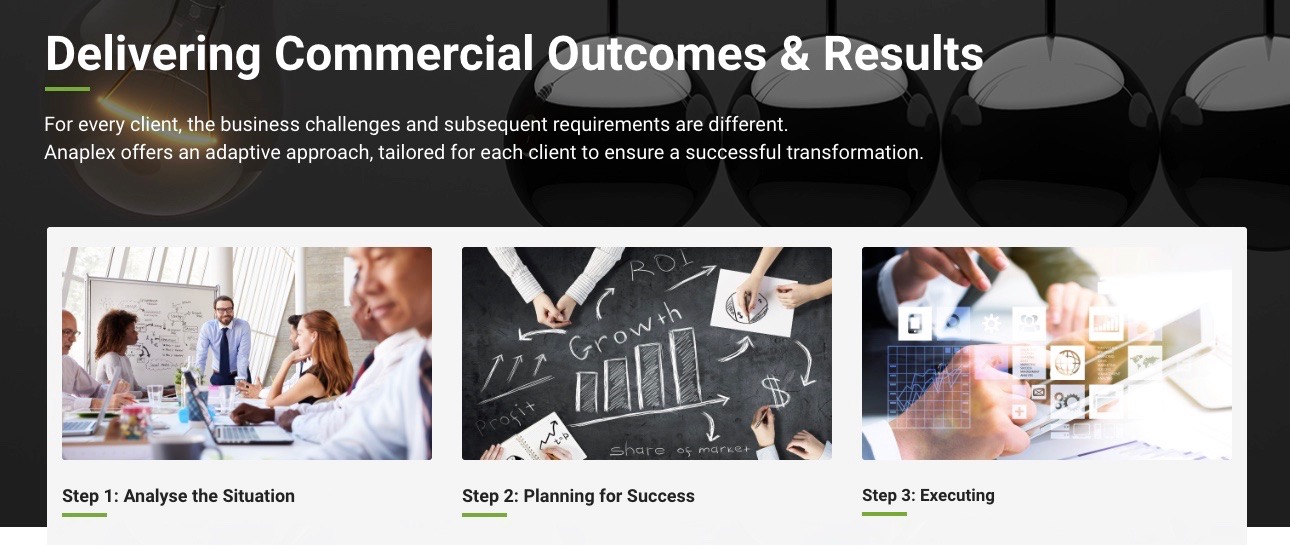
Things to consider while navigating a portfolio CFO’s role
There are new trends in the way PE-backed Companies are operating. Here’s what you need to know about them.
It’s an exciting time to be in finance.
New digital technologies are changing the landscape of the finance function. And finance leaders are taking on a role that is more strategic and data centered. There are a number of new focus areas for CFOs operating in PE-backed companies in this new context – right from advanced analytics to automation.
According to one study, 70% of CFOs were brought in by the PE firms. Which goes to show the critical role that the relationship between the PE firm and the CFO plays in the success of a partnership.
Here are a few things that PE-backed CFOs need to remember:
PE firms have a massive appetite for data and analytics
Unlike CFOs in a regular company, PE-backed company CFOs need to have access to data and analytics that is far more robust and structured. As a PE-backed company’s CFO, you are not dealing with generalist business experts but other finance experts. CFOs fail when they can’t grasp a PE firm’s insatiable appetite for data. This is because PE firms need to see how value is actually being created – which calls for a deep understanding of data sources and analytics from multiple business functions.
Be prepared for the long haul
The changing investment climate with fewer deals and changing economic conditions have had a direct impact on the revenue and profit. Assets that were previously sold in three to four years’ time are now sold much later. These factors have led to longer CFO tenures in portfolio companies. Compared to a decade ago, CFOs now are likely to spend more time in their role. Deloitte’s report shows that 29 percent of CFOs in PE-backed companies have been in their current role for over 5 years or more.
Transparency rules
CFOs in PE-backed companies are often faced with a situation where they have to explain their decisions and choices to other finance experts in a PE firm. It’s in a CFO’s best interest to report the numbers transparently – with no surprises. Not only is the reputation of the CFO on the line, often PE investors are said to be intolerant towards the failure to understand the numbers for the business.
It may be the case that CFOs often don’t have the time to get into the details outside financial reporting. They not only expect the CFO to be on top of the details, they hold them accountable for it. This is where third party service providers could help support a CFOs mandate.
 Rigorous stewardship and demand on controls
Rigorous stewardship and demand on controls
For most PE firms, stewardship ranks on top of their agenda while shortlisting CFOs. This means a PE-backed CFO needs to be able to engage in accurate financial reporting, ensure that there are processes that support compliance and internal controls. It is useful to remember that most PE firms are investing for the long term and they want to ensure that the assets are protected. As a Deloitte report states, “The mantra for private equity houses is: no shocks, no surprises”.
Align and empower teams to deliver with a commercial focus
Building a great team is the hallmark of any successful leader. In the context of a PE-backed company, CFOs need to empower their team members to deliver under intense commercial pressure – which can often mean operating and delivering in a highly volatile and complex business environment . The team needs to not only be aligned to other business functions, they should be empowered to support the CFO in influencing the strategic direction of the business. They need to be able to help navigate complex digital implementations and be willing to manage change management initiatives.
PE backed company CFOs need to own the execution strategy
While CFOs need to be able to deliver reports whenever needed, they are also increasingly taking on the role of owning the execution of strategy. CFOs will have to become strategic partners to the CEO. As partners to the CEO, and as owners of the data, CFOs are in a unique position to both understand and control data.
They will need to work with multiple stakeholders in shaping the business strategy. This means having a strategic orientation to the PE sponsor’s investment thesis.
—
To be successful in an ever changing business context, CFOs in PE-backed companies often have to resolve multiple pain areas at the same time. Which has made the job of a CFO complex. While PE investors want CFOs to report accurate numbers, CFOs on the other hand, are seeking a much more input driven strategic direction for the business.

